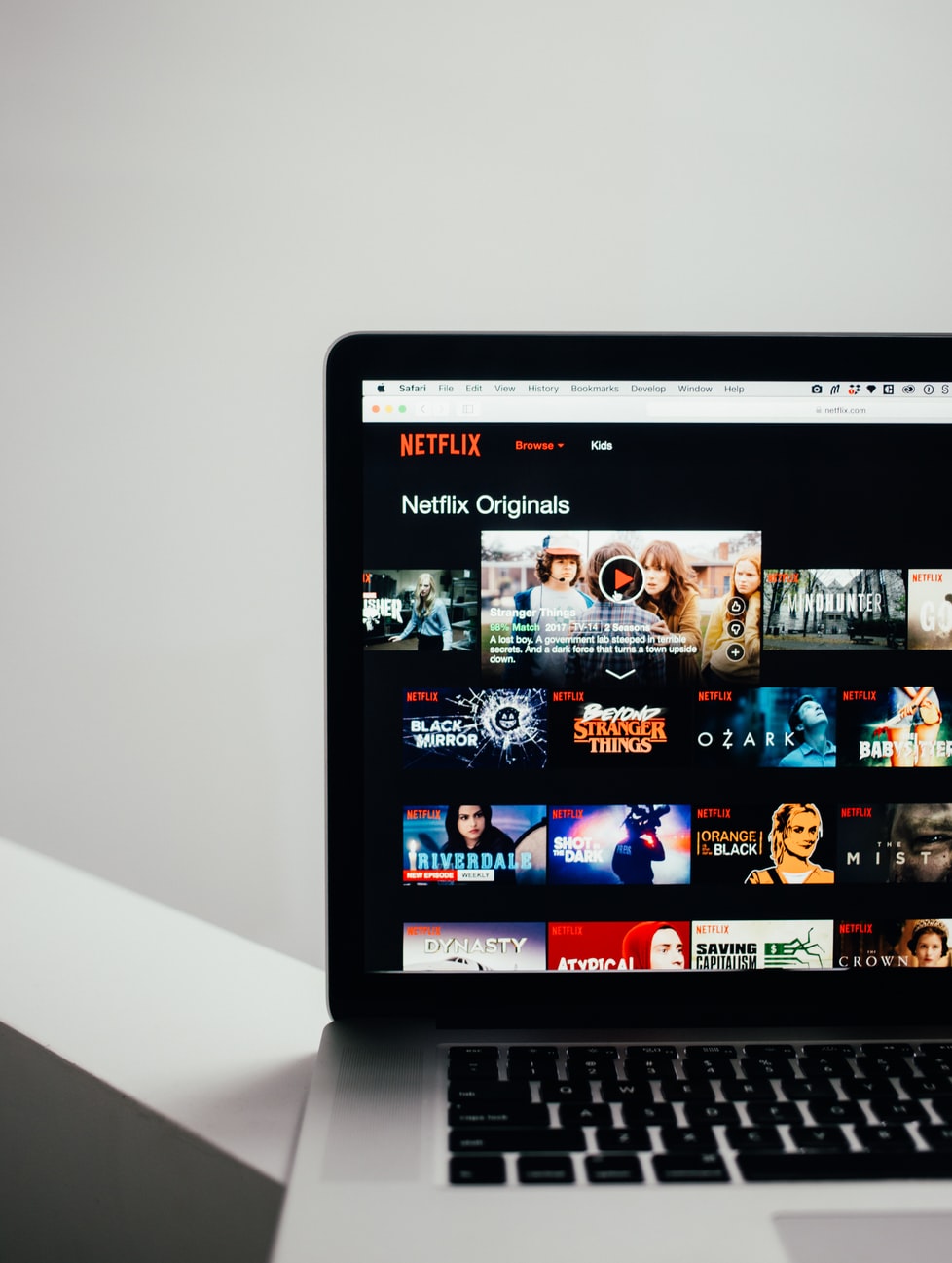The Netflix Effect: An Ode to the Machines of Hollywood’s Past Uncovered Today
Within weeks of its release, the episodic program Bridgerton, a fictional historical drama depicting Regency-era England, became Netflix’s latest spectacle to dominate the cultural stage. The effects of its popularity emerged just as quickly — teenaged girls on TikTok parading in corsets and bustiers from Amazon to an orchestral cover of Taylor Swift’s “Wildest Dreams,” the same tune that lingers during one of the show’s highly discussed erotic scenes. Netflix original The Queen’s Gambit, a program about a young chess prodigy, saw a similar progression. The show debuted to millions, prompting an unprecedented number of eBay searches for chess sets and google inquiries on chess instructions. Its source material, a novel of the same name by Walter Tevis, is now a New York Times Bestseller 37 years after publication. Bridgerton and The Queen’s Gambit epitomize “the Netflix Effect” in its purest form.
The Netflix Effect is a term characterizing the overnight success and, subsequently, the cultural and economic relevance of Netflix original productions. In 2018, 7Park Data said that 80% of the content streamed in the U.S is programming licensed by Netflix. Garnered during a twelve-month period, this data’s nature doesn’t permit sweeping claims. Rather, it merely points to the ubiquity of memberships in the States. Given Netflix’s availability in 190 countries, its titles garner more attention than content confined to a broadcasting network or theatrical releases. Effectively a verb — “to stream,” a la “Netflix and chill” — Netflix encapsulates mainstream in modernity: altering what we watch, redefining how we watch, with seasonal debuts enabling series binges, and, reminiscent of trend makers from decades ago, directing mass culture in the early 21st century.
In cases where pop culture phenomenons evolve, transforming with every milestone amidst the climb to the figurative and literal “top,” Netflix was an unexpected sign displaying a distinctive arrow for pop star Lizzo. Netflix 2019 rom-com Someone Great featured a scene where several of the film’s key players cathartically sing along to Lizzo’s 2017 single, “Truth Hurts.” The song gained immediate traction on TikTok, and soon enough, Lizzo, a relatively unknown musician sharing a long history with her craft, catapulted to stardom. Lizzo’s story depicts an unconventional champion of the Netflix Effect, the nuances of the platform’s viral tendencies, and its effective ode to trend machines of decades past.
America’s haven from the harshness of The Great Depression and World War II, Hollywood was a foreign kingdom centred on a neighbouring plane, accessible via portals in California — locate the nine conspicuous metal panels, appearing deceptively in reach atop parched hills: H O L L Y W O O D. Grande, theatrical, exploratory and visually glamorous, cinematic productions of the time mirrored the state of the industry. And the main gear in the industry’s machine was the Studio System, a procedure in which five significant studios produced and distributed their films, the same approach Netflix has adopted.
Netflix in the contemporary world has purportedly tapped into various methods of filmmaking that were previously exemplified by the antiquated Studio System. Just as MGM contracted Clarke Gable, Netflix contracted Noah Centineo. Netflix produces in excess, creating more content than viewers demand, just like the studios did. Where the studios would engage in “block booking,” the distribution method wherein a unit of typically five films is sold to theatres during each cycle of new releases, Netflix original content permits distribution solely on its platform, aside from theatrical releases for Oscar nominations.
The Studio System’s downfall occurred in 1948 when the United States Supreme Court outlawed block booking for violating antitrust laws. The post-WWII American ideology emerged as the Supreme Court advocated for “fair competition.” Unlike its predecessors, bound to American soil and subject to every tremor in the Valley, Netflix’s authority surpasses congressional approval. The unbridled power and undefined access retained by tech enterprises set contemporary corporations apart from their forerunners.
Confined to analog data, old studio heads adopted a signature narrative and visual style to reach the masses. As expected, it eventually became tired and cliché. Alternatively, data and distribution in the digital age borders on stalking. Every Netflix user’s feed is personalized, allowing Netflix to finance niche ideas for a global audience and then market these titles to their suitable demographics. Netflix gets to bask in all of the industry’s coveted shine, campaigning for Emmys and Oscars, whilst remaining unburdened by network regulations condemning nudity and profanity. And despite the threat Netflix’s brand of nouveau riche presents to Hollywood, creative insiders embrace the company, for Netflix grants them greater artistic leeway and the opportunity to become an overnight sensation like so many others, hence Shonda Rhimes’ Bridgerton and Scorcese’s The Irishman.
While the Californian coast remains intact and sunshine, like a spotlight, beams onto the mecca of the movies, American leaders are contentedly inclined to believe their influence on the world stage remains fixed. Plagued by the false presumption that the state’s will extends onto the ethics of a globally-oriented digital conglomerate, tech corporations are gravely underestimated. Unlike monarchs and political administrations for whom sovereignty is outlined on land, tech oligarchies transcend ties to nations or citizens. Mark Zuckerberg’s 2019 congressional testimony was reduced to an instructional exchange with a gerontocracy (“Senator, we run ads”). More recently, President Trump’s digital ostracisation enacted by Twitter begs endless questions: Where are the boundaries drawn? Who enforces them? How? At the micro-level, we must consider the intent and nature of the mediums we interact with, acknowledging the realities of the exchange. It’s difficult to contend that Netflix is at fault for utilizing an approach that proved unfit in the past, under differing circumstances. But it remains that an intangible source possessing cultural cachet, financial success, and political ascendency lacks all consideration for or loyalty to the material and humane.
